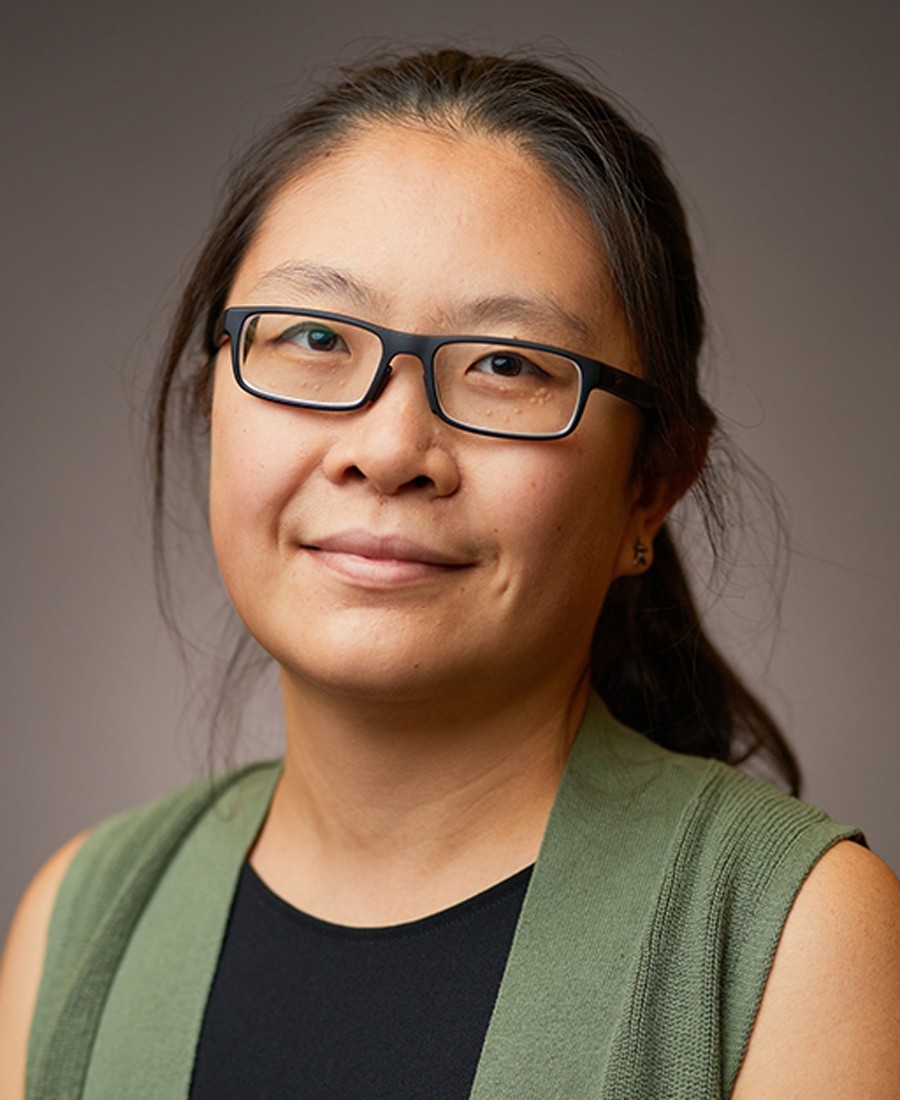University of Oklahoma assistant professor Xiaochen (Angela) Zhang, Ph.D., has received a prestigious Faculty Early Career Development Award, known as a CAREER award, from the National Science Foundation to study how relationships among non-profits, community groups and local government agencies can improve disaster resilience, resource allocation, and emergency management by enabling organizational interactions, rather than top-down responses.
Zhang, who is an assistant professor of public relations for the Gaylord College of Journalism and Mass Communication at OU, will receive $520,000 from the National Science Foundation for the five-year project that combines two existing academic theories – social network theory and transactive memory system theory – to develop a complement to standard disaster planning that aims to improve community resilience.
Working with the emergency managers for Cleveland County, Oklahoma, as well as community organizations and stakeholders, Zhang will conduct in-depth interviews, workshops and surveys to measure the communities’ social and communication networks and determine the communities’ resource needs, gaps for resources, or areas in which collaboration can be strengthened.
FEMA, the Federal Emergency Management Agency, provides emergency managers with comprehensive guides and plans for preparing for and responding to a wide range of emergency events. However, the FEMA structure emphasizes a top-down approach.
“The traditional FEMA structure is that you start with the emergency manager of the city, or the county, or the area, and then they will set up a chain of command for better management of the situation, but also for communication,” Zhang said. “That’s a really good management method, but from a communication perspective, it can obstruct the information flow, especially in disasters where each organization might have limited resources. Communicating laterally can improve the sharing of resources.”
Zhang’s project could complement the FEMA command structure by working with local organizations and intrapersonal connections at the community or neighborhood level to build a knowledge network of the resources and support systems available to a community when responding to or recovering from a disaster.
“Cleveland County is particularly well suited for this sort of project,” said Zhang, “because of the strength of the Community Needs Network, a unique partnership of OU, the United Way of Norman, the City of Norman, and other regional non-profits.”
“A lot of emergency managers have a social network of this kind. My project is to strengthen and broaden the impact and include more community-level organizations,” she added. “Community organizations, like non-profits and community leaders, have strong social networks and resources of their own that people could use, so it’s an idea to establish communication and build the knowledge network of what each organization can do and resources they could provide during an emergency.”
On April 20, 2023, a tornado touched down in Shawnee, Oklahoma, causing two Shawnee nursing homes to transfer residents to facilities around the state overnight to maintain patient care.
“They needed transportation devices, and they were able to get that resource from school buses provided by the local school board,” Zhang said. “That’s the kind of resource connection my project could help provide. By expanding that knowledge network, more organizations will know how to access the resources they need when they need them.”


